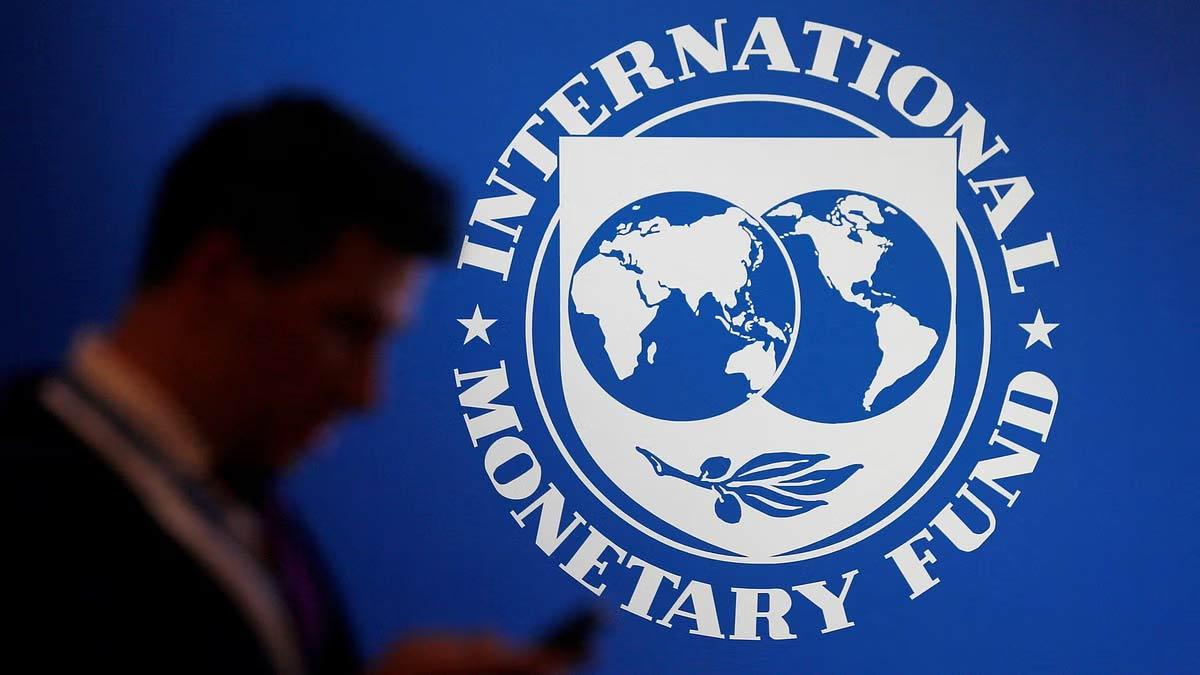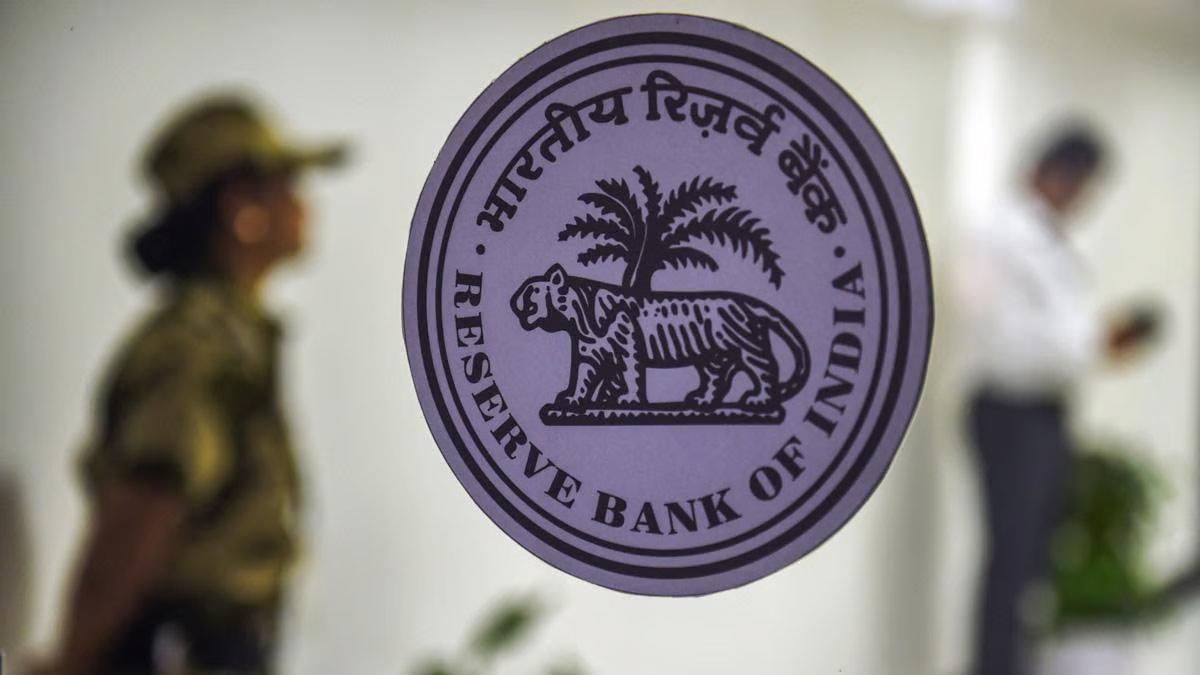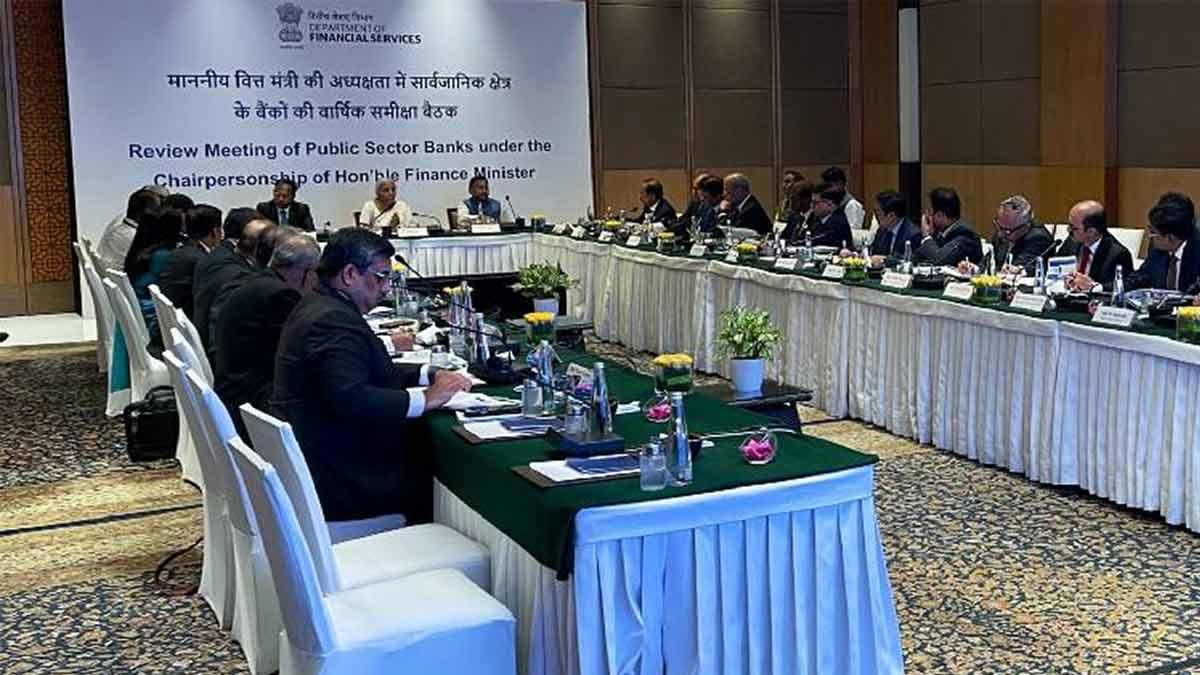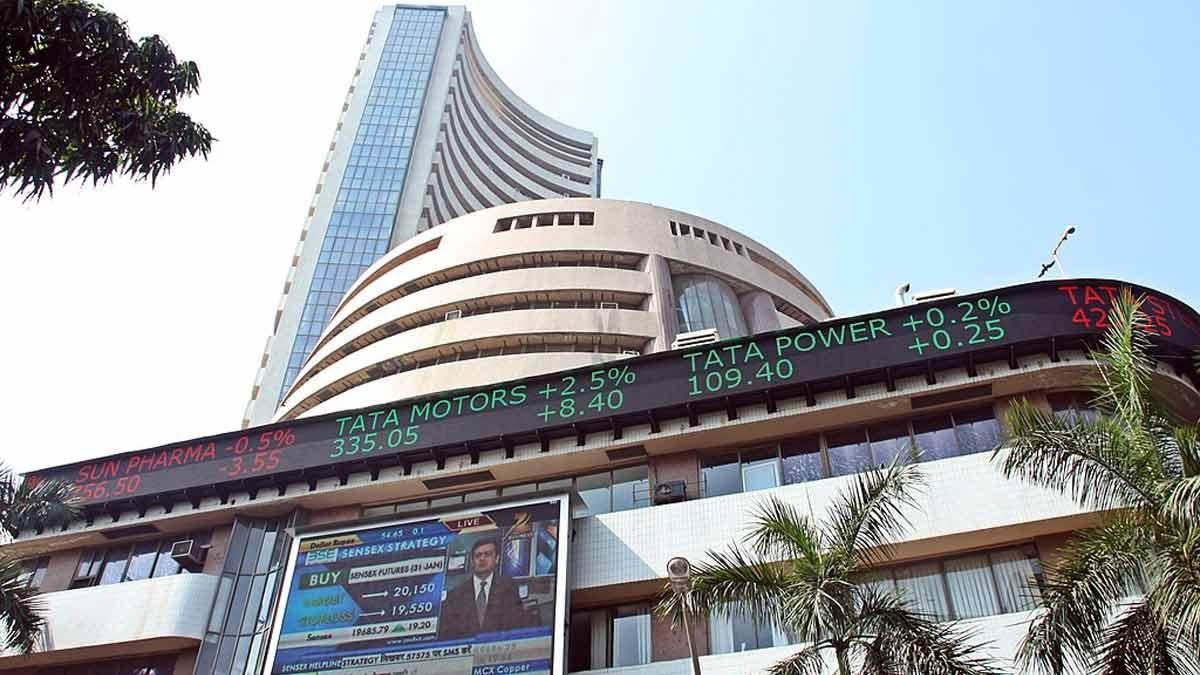The International Monetary Fund (IMF) has lowered its economic growth estimate for India, reducing the forecast for the 2025-26 fiscal year to 6.2%.
The revision, released in the IMF's April version of the World Economic Outlook (WEO), reflects increasing restraint in the presence of worldwide trade disruptions such as tit-for-tat tariff actions by the United States as well as prevailing domestic economic headwinds.
Though India's economy continues to reflect relative stability, the IMF now projects a less rapid pace of expansion than earlier forecast. The 6.2% prediction represents a 0.3 percentage point reduction from its previous January estimate of 6.5%, mainly due to increasing global trade tensions and more general international uncertainties.
The April WEO reduced growth prospects for the majority of large economies, indicating a less vigorous overall global outlook.
In spite of this, India's economic push is still projected to be driven by domestic demand, specifically from rural families. However, this muted outlook places the IMF's projection below that of the Reserve Bank of India (RBI), which remains more positive in its growth projection at 6.5%.
In a recent policy statement, RBI Governor Sanjay Malhotra emphasized a number of positive signals favoring the Indian economy. High water reservoir levels and good agricultural production are likely to support the agriculture sector. Furthermore, Malhotra referred to a turnaround in manufacturing and sustained strength in services, both being the drivers of overall economic turnaround.
Growth is accelerating after a muted first half of last year," Malhotra said, "but we're still short of the growth levels we want to achieve.
The changing trade landscape has also led other institutions to re-evaluate their expectations. Morgan Stanley indicated a possible downside risk of 30 to 60 basis points to its ongoing estimate of 6.5% expansion in FY26. EY India meanwhile estimates a more modest number, putting GDP growth at 6%.
The IMF also made use of its Global Financial Stability Report to express wider concerns regarding market volatility and declining global investor confidence. Under our assessment, the risk to global financial stability has risen appreciably on account of increased economic policy uncertainty and increased market volatility," IMF's Financial Counsellor Tobias Adrian said. "The fall in investor confidence that we've witnessed has spurred recent equity sell-offs. Tightening in global financial conditions is exerting downside pressure on activity.


















